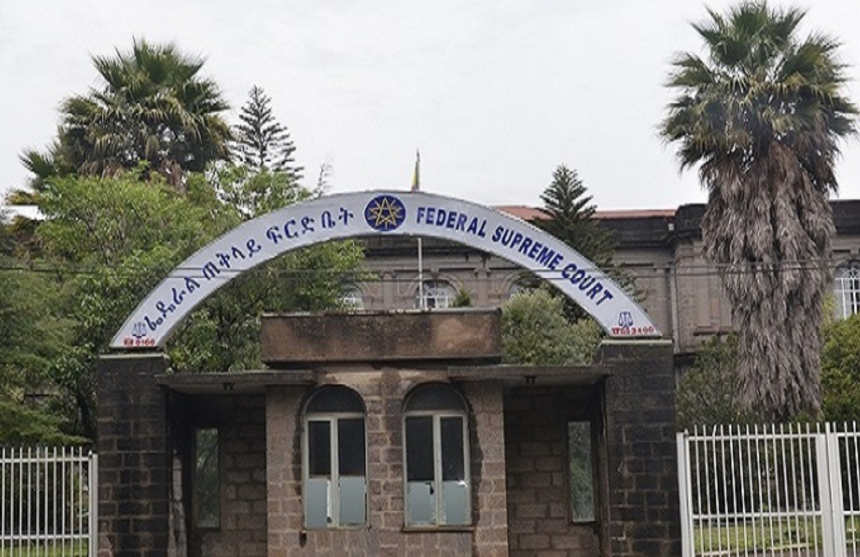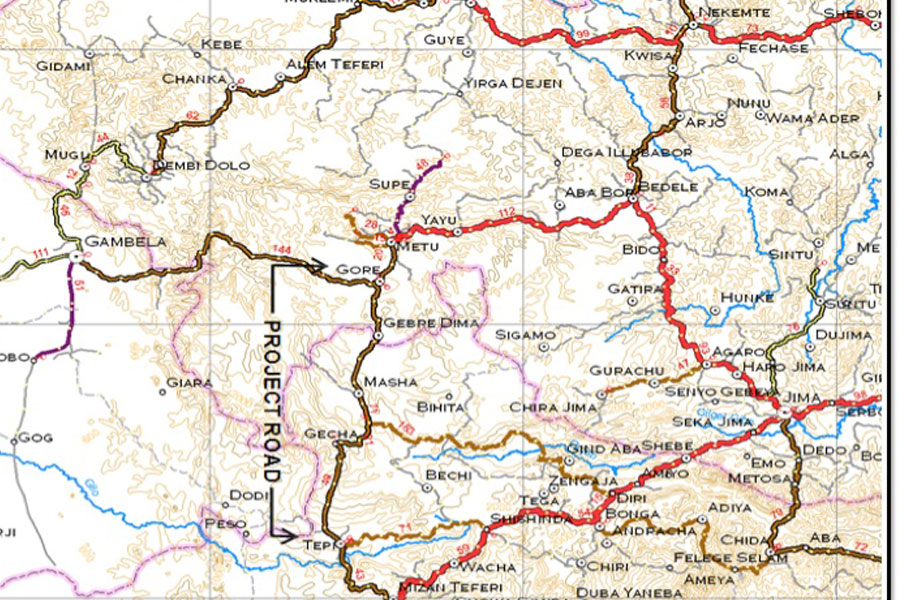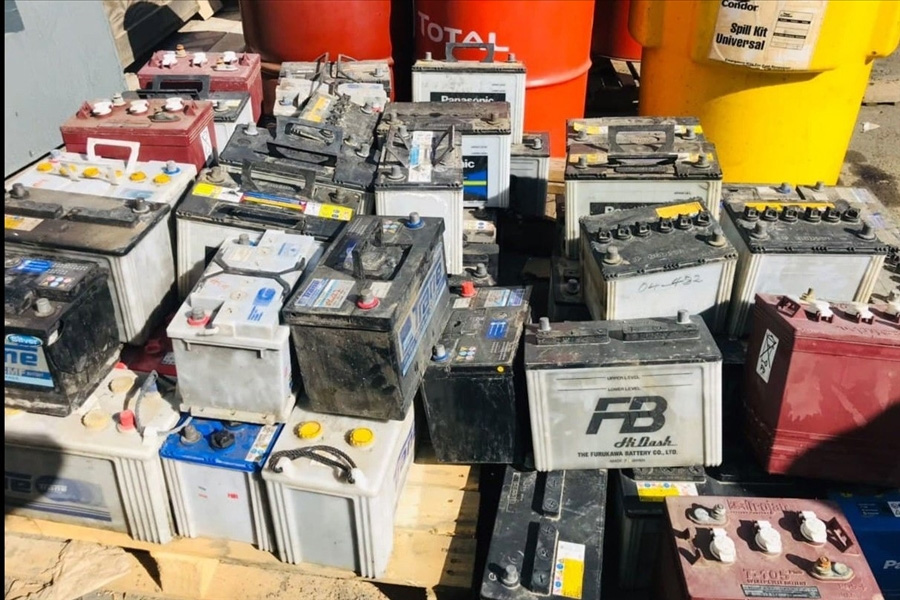
Radar | Feb 26,2022
Jun 14 , 2020
By FASIKA TADESSE ( FORTUNE STAFF WRITER )
The Ethiopian Communications Authority, the telecom and radiofrequency regulatory body, drafted a directive that requires local telecom operators to submit a quarterly quality of service report.
The draft directive, which has been in the making for the past seven months, went up for public consultation mid-last week and will stay open for comments for four weeks. The directive is among the 12 legal items that have been in the drafting process to enable the Authority to issue a license for two new operators.
In compiling their quarterly report, the service providers will evaluate their internet, interconnected networks, cellular mobile networks, and infrastructure, in addition to their public switch telephones, Voice Over Long Term Evolution (VoLTE), and high-speed wireless communication services. The performance indicators for the services will be assessed based on the measurement methods provided by the Authority.
For voice calls, the companies are expected to evaluate the unsuccessful call ratio, network availability, call set-up time, call drop rate and mobile service coverage signal strength, among other factors. End-to-end delivery time, delivery success rate and service accessibility are some of the parameters to rate the quality of text message services.
The period needed to attach to the network, failure ratio of connection to a network, data transfer rates, speed of data travelling from users to the network and back, and the period needed to access the internet successfully will also be key performance indicators to rate internet service providers.
The main aim of the directive is ensuring service quality, according to Balcha Reba, director-general of the Authority.
"The Authority can take measures after analysing the service quality of the operators," said Balcha. "We can also conduct audits taking raw data from the operators."
On the companies that fail to comply with the standards and rectify the identified problems, the Authority can impose sanctions, according to the draft directive.
Service providers should also sign a well-outlined service level agreement with the customer. The agreement should include the level of performance offered to the customer, a compensation payment and a mechanism for claiming compensation.
If the provider made served the customer incorrectly, it is subjected to provide redress and compensation, according to the draft directive.
So far, with the latest one, the Authority has availed five directives for public consultation. Last month, it issued a directive that enables it to issue licenses for service providers, handle dispute resolution, and ensure consumer rights and protection.
The fourth draft directive that is availed with the quality of service law will enable the Authority to administer the national telecommunications numbering plan, allocate and administer numbers, and supervise efficient use of those numbers.
The directives are lining up for approval and enactment before the two new telecom service providers join the industry. Three weeks ago the Authority issued an expression of interest (EOI) inviting interested international telecom operators to indicate their interest before June 22, 2020.
Based on the EOIs, the Authority will announce a request for qualification for the shortlisted companies to measure their technical capabilities. Then a request for proposal will be floated to pick the two winning companies.
Along with the two new operators, Ethio telecom is also required to re-register and follow the new procedures to obtain a license. The Authority will license the three full-service operators for 15 years, and their license is subject to renewal.
Before the establishment of the Authority, Ethio telecom has been filing reports to what was then the Standardisation & Regulation Directorate under the Ministry of Innovation & Technology. Hence, the reporting mechanisms did not involve enforcement.
With Ethio telecom's limitations, it would be too hard for the enterprise to meet the requirements, according to Abebe Gashaw, an ex-senior manager at Ethio telecom and general manager XMG Business Group Plc.
"For example, the standard call seizure ranges from four to five seconds, but now Ethio telecom's call seizure rate is around 40 to 60 seconds, and this is just one parameter the enterprise fails to satisfy with its current services," he said.
And this happened after switches were changed, according to Abebe.
The expert also recommends the Ethiopian Communications Authority strengthen its regulatory capacity and human resources on top of issuing the legal directives and the requirements.
Abebe also recommended the Authority incorporate all the International Telecom Union (ITU) service quality recommendations to local quality measurement methods.
PUBLISHED ON
Jun 14,2020 [ VOL
21 , NO
1051]

Radar | Feb 26,2022

Radar | Aug 17,2025

Radar | Mar 23,2024

Fortune News | Apr 17,2020

Radar | Dec 21,2019

Radar | Jan 31,2021

Radar | Jun 19,2021

Fortune News | Aug 11,2024

Fortune News | Dec 19,2018

Fortune News | Dec 15,2024

Dec 22 , 2024 . By TIZITA SHEWAFERAW
Charged with transforming colossal state-owned enterprises into modern and competitiv...

Aug 18 , 2024 . By AKSAH ITALO
Although predictable Yonas Zerihun's job in the ride-hailing service is not immune to...

Jul 28 , 2024 . By TIZITA SHEWAFERAW
Unhabitual, perhaps too many, Samuel Gebreyohannes, 38, used to occasionally enjoy a couple of beers at breakfast. However, he recently swit...

Jul 13 , 2024 . By AKSAH ITALO
Investors who rely on tractors, trucks, and field vehicles for commuting, transporting commodities, and f...

Oct 25 , 2025
The regulatory machinery is on overdrive. In only two years, no fewer than 35 new pro...

Oct 18 , 2025
The political establishment, notably the ruling party and its top brass, has become p...

Oct 11 , 2025
Ladislas Farago, a roving Associated Press (AP) correspondent, arrived in Ethiopia in...

Oct 4 , 2025
Eyob Tekalegn (PhD) had been in the Governor's chair for only weeks when, on Septembe...